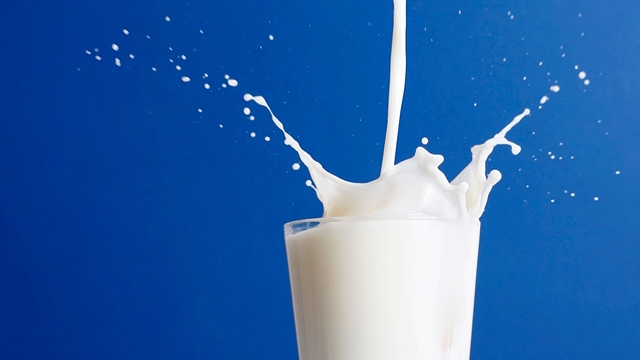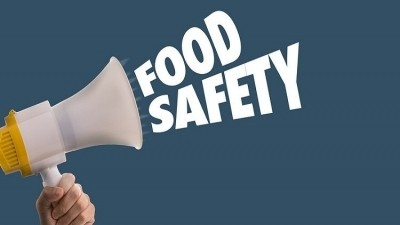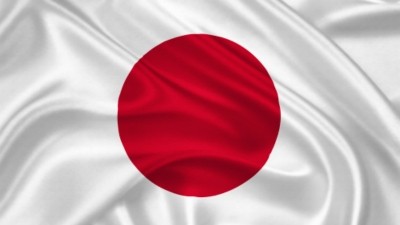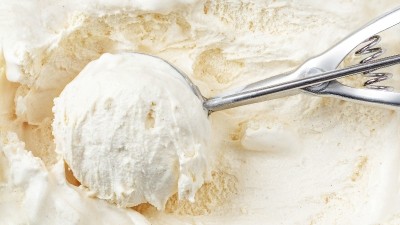Dairy updates: Japan to implement more stringent standards for non-chilled milk products this year

Japan’s Ministry of Health, Labour and Welfare (MHLW) has published a ministerial proposal to amend current dairy standards, calling for public and industry comment before these are expected to be enforced come mid-March this year.
The amendment will affect milk and dairy products that do not require storage at temperatures below 10°C or are permitted to be stored at room temperature. This will include regular milks, modified milks, low-fat milks, skim milks, processed milks, liquid milk preparations and other milk-based beverages.
“Based on the deliberations of the Milk, Meat and Fishery Subcommittee of the Pharmaceutical Affairs and Food Sanitation Council, new regulations will be established for [these] products,” MHLW state via the ministerial proposal documentation.
“These will generally be milk products that have been sterilised and aseptically packaged, or packaged and then sterilised – specific standards that cover microorganism testing, manufacturing methods, and sterilisation records will be established for both.
“For instance, products that fall into the former category will need to be heated at 120°C for four minutes (or an equivalent method) to sterilise, and then the aseptic filling into appropriate pre-sterilised packaging will all need to be carried out in accordance with a pre-approved and determined process.
“There will also be regulations for manufacturers to maintain records regarding this sterilisation, where records from self-recording thermometers must be stored for a reasonable period of time that also takes into account the time until actual consumption.”
In addition, MHLW now requires all exporters of these milk products to Japan to obtain a certificate from the relevant local authority in order to ensure food safety along the entire supply chain.
This was previously only required for milk products that were not approved by MHLW for storage at room temperature.
“Certification from the relevant government agency of the exporting country will now be needed for all these milk products,” the ministry stated.
“The provision that excludes products that can be stored at room temperature will be deleted, and this will come into effect when enforced in mid-March 2024.
“That said, certain transitional changes such as the records of the self-recording thermometer as part of the manufacturing process [and] the sterilisation process will be allowed more time and must be implemented within six months from the date of promulgation.”
All industry and public comments can be sent to MHLW here [Link in Japanese] until the deadline on February 17 2024.
Specific timeframes
One of the amendment’s focal points strongly revolves around the self-recording thermometer’s records, with the ministry now having set specific timeframes for this.
“Previously, the standards only required self-recording thermometer records to be stored for a ‘reasonable period of time based on the time until consumption’,” the draft document stated.
“The new standards will specify that manufacturers are required to keep the self-recording thermometer records for at least one year for products that can be stored at room temperature, and three months [for those that need to be chilled].”



















